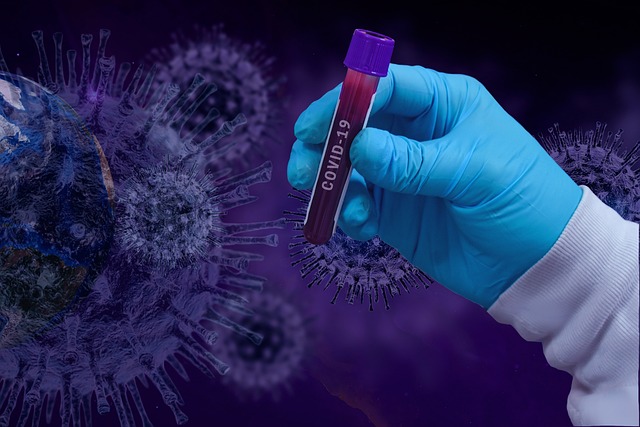
Patients with Serious Mental Illness in the Era of COVID-19: Addressing Vulnerabilities and Treatment Needs
Psychiatrists caring for individuals with serious mental illness must navigate unique challenges and vulnerabilities during the COVID-19 pandemic, requiring tailored interventions and support to meet the complex needs of this patient population amidst the evolving public health crisis.
December 2020

COVID-19: Kinetics of Viral Clearance and Symptom Resolution
Despite symptom resolution, the virus can remain detectable in patients for up to 8 days after recovery, emphasizing the importance of continued monitoring and infection control measures to prevent transmission during the convalescent period.
December 2020
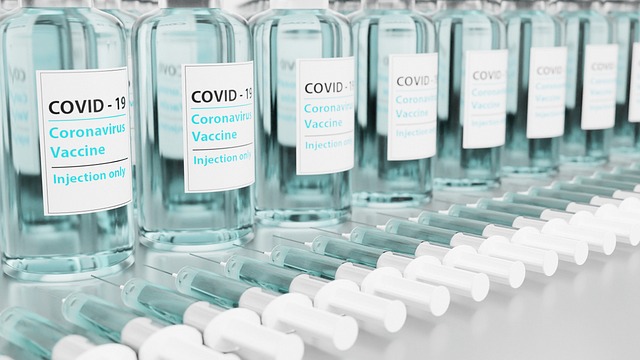
Protective Immunity against SARS-CoV-2: Immunological Considerations and Challenges
Uncertainty regarding immunological correlates of protection against SARS-CoV-2 poses challenges in defining protective immunity thresholds and informing vaccination strategies, emphasizing the need for continued research and surveillance to guide public health policies and interventions.
December 2020
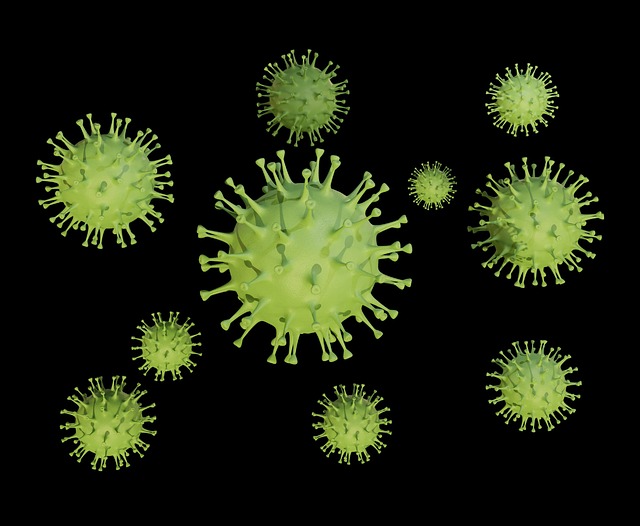
Mental Health Consequences of Physical Distancing during COVID-19: Addressing a Looming Crisis
Physical distancing measures implemented during the COVID-19 pandemic may precipitate a secondary pandemic of mental and behavioral illnesses, underscoring the urgent need for mental health support and interventions to mitigate adverse psychological outcomes among affected populations.
December 2020

Convalescent Plasma Therapy in Severe COVID-19: Insights from Clinical Cases in China
Examination of 10 serious cases of adult COVID-19 patients treated with convalescent plasma therapy in China sheds light on the potential efficacy and safety of this experimental treatment approach, offering valuable insights into its therapeutic potential for severe cases of the disease.
December 2020
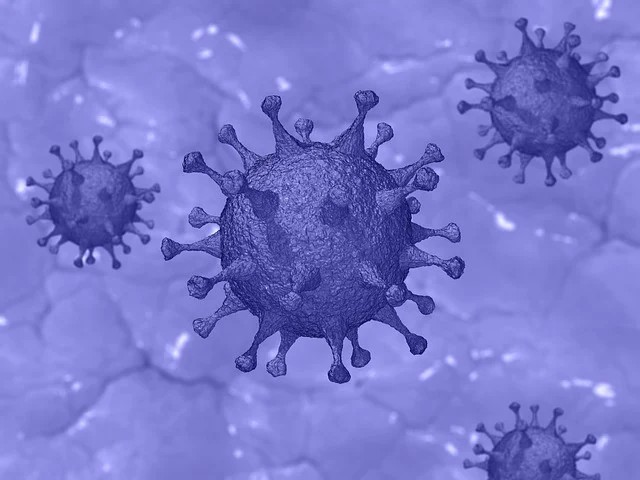
Prevention and Control of Non-Communicable Diseases during COVID-19: Public Health Imperatives
Prevention and control of non-communicable diseases remain crucial during the COVID-19 pandemic, as NCDs constitute major risk factors for adverse outcomes in patients with COVID-19, highlighting the need for integrated strategies to address both infectious and chronic disease burdens.
December 2020
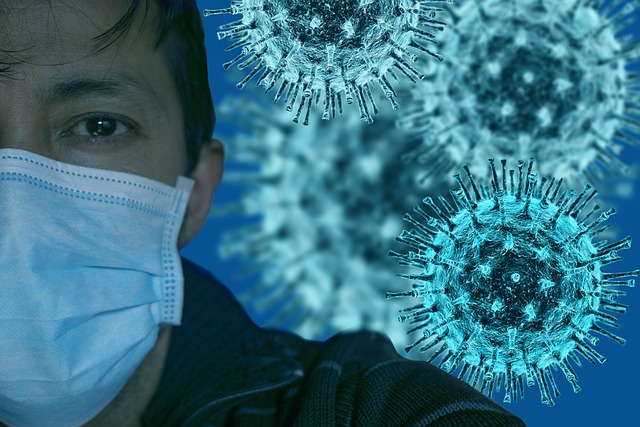
Endothelial Cell Infection and Endotheliitis in COVID-19: Insights into Vascular Involvement
Endothelial cell involvement and endotheliitis across various vascular beds emerge as key pathological features in COVID-19, shedding light on the systemic vascular effects of SARS-CoV-2 infection and potential implications for multiorgan dysfunction in affected patients.
December 2020
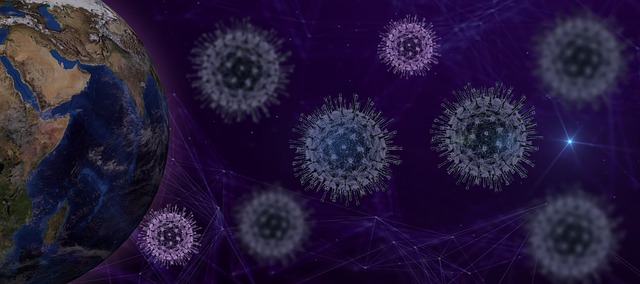
Contact Tracing: Strategies for Identifying and Managing Healthcare Workers Linked to COVID-19 Cases
Effective public health management of contacts, including healthcare workers, exposed to COVID-19 cases is crucial for mitigating transmission risks and containing the spread of the virus, highlighting the importance of robust contact tracing strategies in pandemic response efforts.
December 2020

The Neuroinvasive Potential of SARS-CoV-2: Implications for Respiratory Failure
Investigation into the neuroinvasive potential of SARS-CoV-2 suggests a possible role in respiratory failure among COVID-19 patients, highlighting the need for further research to elucidate the mechanisms underlying neurological involvement in the disease.
December 2020

Renin-Angiotensin System Blockers and the COVID-19 Pandemic: Current Evidence
Current evidence does not support abandoning renin-angiotensin system blockers as a treatment option for COVID-19 patients, underscoring the need for further research to inform clinical decision-making in this regard.
December 2020















